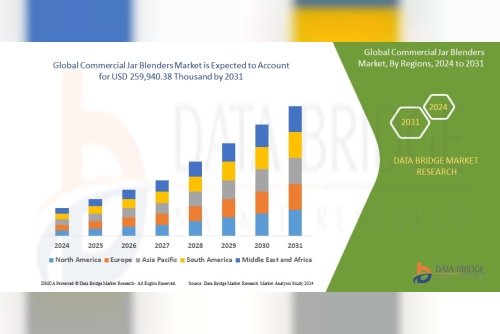In a world where technology evolves at breakneck speed, businesses are finding new ways to stay relevant, efficient, and connected. From automation to artificial intelligence, the digital future is not some far-off concept—it’s already shaping how companies operate, compete, and grow. Here’s how businesses are adapting to this fast-moving landscape.
Embracing Remote and Hybrid Work ModelsThe shift toward remote work began as a necessity, but for many businesses, it’s now a long-term strategy. Cloud-based tools, video conferencing platforms, and project management software have allowed teams to collaborate effectively, regardless of location. As a result, businesses are investing in digital infrastructure and cybersecurity to support remote operations while maintaining productivity and data integrity.
Hybrid work models have also become a preferred option, allowing employees flexibility while maintaining in-person collaboration when necessary. This adaptability has helped companies attract top talent and reduce overhead costs associated with large office spaces.
Leveraging Data for Smarter DecisionsIn the digital age, data is more than just numbers; it’s actionable intelligence. Businesses are increasingly using analytics tools to understand customer behavior, optimize operations, and forecast trends. Real-time insights allow for quicker decision-making and more personalized customer experiences.
Whether it’s tracking user engagement on websites or measuring performance across departments, companies that harness data effectively can make smarter, faster decisions that give them a competitive edge.
Digital Transformation of Customer ExperienceCustomer expectations have risen with the growth of digital platforms. Instant support, seamless online transactions, and personalized interactions are now the standard. To meet these demands, businesses are integrating technologies such as chatbots, AI-driven recommendations, and automated customer service systems.
Many businesses have also invested in mobile apps, e-commerce platforms, and social media engagement strategies to reach customers where they already are—online. Creating a seamless, omnichannel experience is key to building loyalty in the digital age.
Investing in Digital Marketing StrategiesAs traditional advertising takes a backseat, digital marketing has taken the spotlight. Brands are focusing on content marketing, social media Read More…












